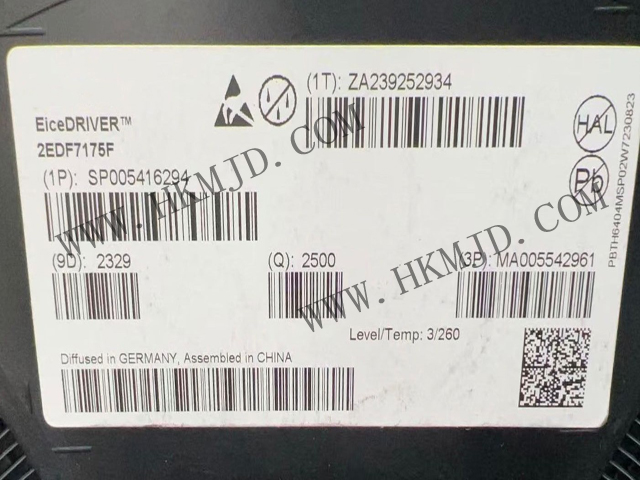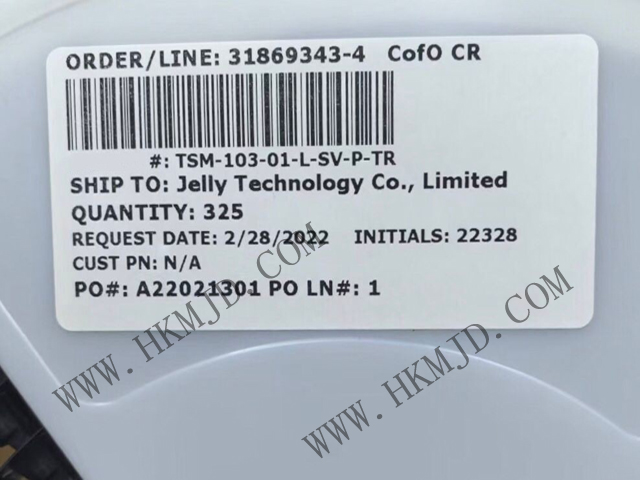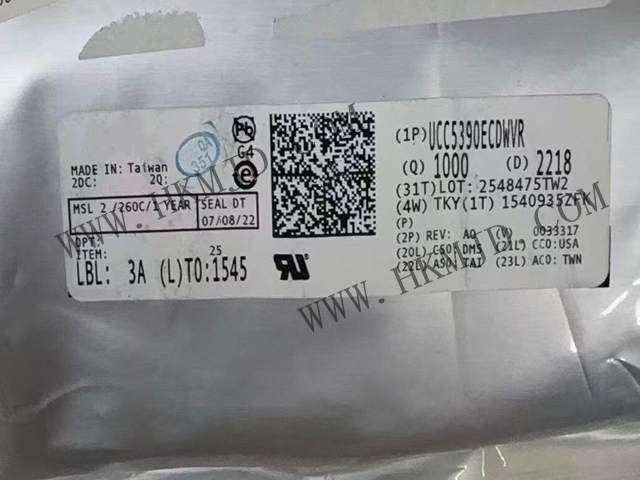Welcome Here Shenzhen Mingjiada Electronics Co., Ltd.

sales@hkmjd.com

sales@hkmjd.com

Service Telephone:86-755-83294757
 Latest Information
Latest InformationAccording to reports, TSMC announced in July that its next generation A-16 chip is expected to start mass production in the second half of 2026, and plans to increase the production of 2-nanometer chips next year.
Taiwan's Minister of Economic Affairs, Guo Zhihui, recently revealed that according to Taiwan's technology protection regulations, TSMC is prohibited from producing 2-nanometer chips overseas, which means that the company must keep the most cutting-edge technology in China.
Speaking at a meeting of the Economic committee of the Taipei regional legislature, Mr Gou stressed: "Given that Taiwan's regulations are designed to protect local technology, TSMC is currently unable to manufacture 2-nanometer chips overseas."
Kuo further revealed that although TSMC has plans to produce 2-nanometer chips overseas in the future, its core technology will remain in Taiwan.
TSMC announced in July that its next-generation A-16 chip is expected to begin mass production in the second half of 2026, while it plans to ramp up production of 2-nanometer chips next year.
According to TSMC's overseas manufacturing plan, the company expects to produce 2-nanometer or more advanced chips in the United States by the end of the century.
The second fab in Arizona is expected to use 3 - and 2-nanometer process technologies and is scheduled to begin production in 2028.
In addition, TSMC plans to build a third fab in Arizona, which will produce chips using 2-nanometer or more advanced technology. The first fab in Arizona is expected to start producing 4-nanometer chips next month.
Although TSMC has invested more than $65 billion in the United States, it is not expected to mass-produce 4-nanometer chips in the United States until 2025 and 3-nanometer chips in 2027. As for the 2-nanometer chip mass production time, it is not clear.
In contrast, TSMC has already mass-produced second-generation 3-nanometer chips in Taiwan and plans to mass-produce 2-nanometer chips next year, at least four years ahead of the United States.
In other words, it is expected that by the time the United States begins mass production of 2 nm chips, TSMC may have been able to produce chips below 1.8 nm.
TSMC founder Morris Chang said publicly that although the concepts of globalization and free trade have been challenged, as the world's leading chip manufacturer, TSMC's orders still come from all over the world. If the production capacity and advanced technology is concentrated in the United States, TSMC will not be able to ship freely, thus suffering greater losses.
The example of ASML is a good illustration of this: DUV lithography machines manufactured in the United States are not freely shipped, and DUV lithography machines manufactured in other regions usually do not require shipping licenses. Therefore, TSMC is unlikely to transfer more production capacity and state-of-the-art processes to the United States, but will only remain in Taiwan to maintain continuous progress and innovation, as well as the ability to ship freely.
Company website: www.hkmjd.com
![Supply [TI] TPS7B7702QPWPRQ1 Dual-Channel Adjustable Antenna Low-Dropout Voltage Regulator](/upload/202508/09/202508091412024980.jpg)
Time:2025-08-09

Time:2025-08-09

Time:2025-08-09

Time:2025-08-09
Contact Number:86-755-83294757
Enterprise QQ:1668527835/ 2850151598/ 2850151584/ 2850151585
Business Hours:9:00-18:00
E-mail:sales@hkmjd.com
Company Address:Room1239, Guoli building, Zhenzhong Road, Futian District, Shenzhen, Guangdong
CopyRight ©2022 Copyright belongs to Mingjiada Yue ICP Bei No. 05062024-12

Official QR Code
Links: